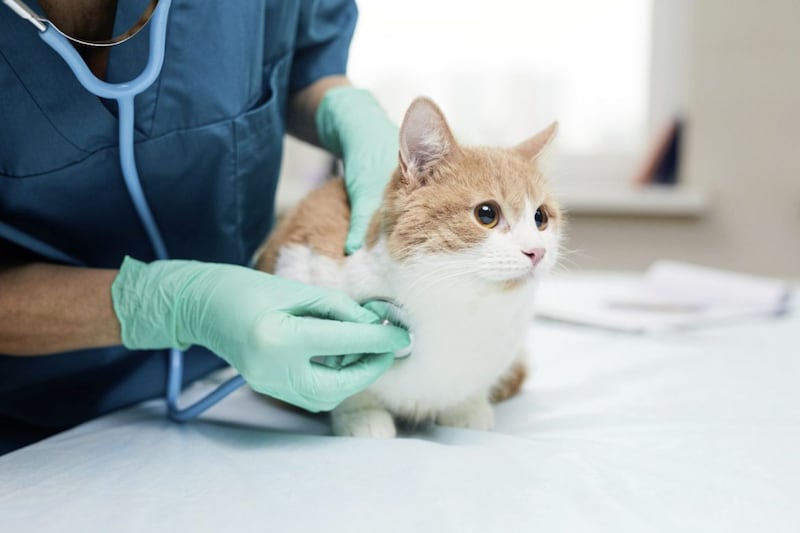QUESTION: I'm an employee with a company car who has been furloughed. I'm not able to use my car in this period yet I'm still paying tax on it. Is there anything that I can do?
ANSWER: As you have been provided with a company car and perhaps also car fuel this is taxed as a “benefit in kind” (BIK).
The BIK charge is calculated largely based on the UK list price of your car and the level of CO2 it emits. In the current Covid-19 pandemic and the severe travel restrictions it is highly likely you are sitting in your house looking out at your car which may not be used at all or if so, very infrequently.
However, the benefit in kind charge is assessed on the concept of the car being “made available to you” and even though you are not driving the car it is still at your disposal.
For this reason, the benefit in kind and tax charge continues to be levied on you as if you were using the car on a daily basis. You may in fact have a second car at the house, owed perhaps by a spouse or an adult child and you could very well get by with this single vehicle until this pandemic is over and you return to work.
The good news is that you can stop the benefit in kind charge but to do so the car must be made unavailable to you for a period of at least 30 days. Any period shorter than 30 days does not stop the BIK clock from ticking.
You must however be able to prove to HMRC that the car is unavailable, for example, you are unable to gain access to the car because you do not have the keys to the car; or the car is incapable of being used (for example it has broken down and is in a garage).
Obviously if you were able to return the car to the company’s headquarters and leave back the keys this would be enough evidence to show that the car was no longer being made available to you.
If this is not practical, you could ask your employer to instigate a policy which prohibited any private use of the vehicle and with modern technology such as tracking devices it would be possible to produce evidence to HMRC showing that the car has not been used privately in the period in question.
Consultations between fleet management companies and HMRC have resulted in a clarification recently by HMRC that cars will not be seen as being made available for benefit in kind purposes where they are “virtually handed back” by returning keys, security fobs etc.
The additional positive impact on your tax liability of not being charged any benefit in kind on the car is that the fuel scale charge for private fuel will also be paused at the same time.
To illustrate the potential savings in this strategy, a car with a list price of £49,000 could depending on emission levels give rise to a benefit in kind of £18,000 per annum (£1,500 per month) with a resulting monthly tax and national insurance bill of up to £675 for the employee and £207 for the employer. These are significant savings especially for the employee.
:: Paddy Harty (p.harty@pkffpm.com) is a senior tax director at PKF-FPM (www.pkffpm. com). The advice in this column is specific to the facts surrounding the question posed. Neither The Irish News nor contributors accept any liability for any direct or indirect loss arising from any reliance placed on replies.








